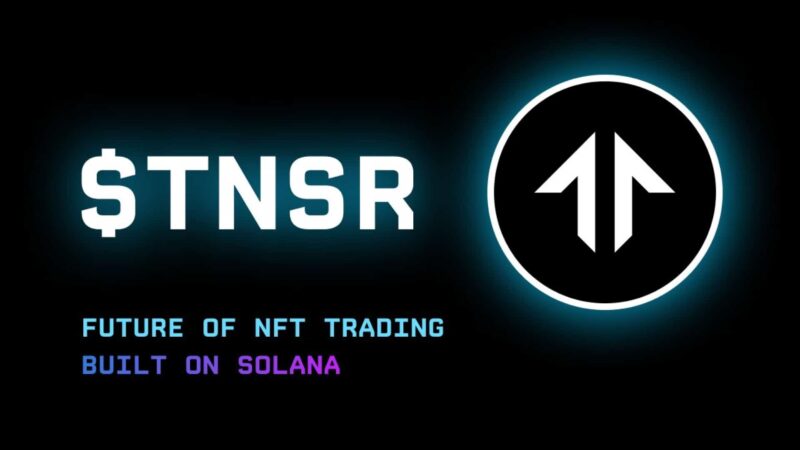Clarification of Staking Taxation:
The amendment proposed by the French National Assembly aims to classify staking rewards as non-commercial profits at the time of receipt, thereby clarifying an existing tax ambiguity.
Necessity of Adjustments:
Owen Simonin recommends adjustments to make this amendment beneficial, including quarterly evaluations of rewards, carryover of losses, and a distinction between active and passive validators.
Urgency of Action:
Hasheur emphasizes the need to act quickly to influence the government to make these changes before the final examination of the 2024 budget law by the French Senate.
Recently, Owen Simonin
better known as Hasheur, has shed light on a burning issue in the cryptocurrency domain: the taxation of staking rewards. His intervention comes at a crucial time as the French National Assembly seeks to clarify the situation.
Recapitulation of the Current Situation
The National Assembly proposed an amendment, initiated by deputy Éric Bothorel, aiming to standardize the taxation of various forms of cryptocurrency validation, including staking. According to this proposal, staking income would be taxed as non-commercial profits (BNC) at the time of receipt. This measure aims to clarify an existing tax ambiguity, but raises questions regarding its practical implementation, given the volatility of cryptocurrencies and the frequency of receiving rewards.
Consequences and Need for Adjustments
Hasheur points out that, while this amendment is welcome for its clarification, it requires adjustments to truly be beneficial:
- Periodic valuation of rewards: Propose quarterly evaluations of received cryptocurrencies, rather than valuing them upon each receipt, to alleviate complexity for taxpayers.
- Carryover of losses: Allow staking users to deduct losses from future gains, aligning the taxation regime of staking with that of traditional securities.
- Differentiation between active and passive validators: Distinguish between active and passive participants in the validation process, with active participants being taxed at the time of receipt (BNC), while passive participants should be taxed upon disposal, in accordance with the flat tax.
Urgency of Action
Owen Simonin emphasizes the importance of acting quickly. The French Senate is currently reviewing the 2024 budget law, which includes the article on staking. No amendments have yet been proposed to adjust this text. Therefore, he encourages mobilization to influence the government to make the necessary modifications before it is too late, in order to avoid tax complications for cryptocurrency users in France.




